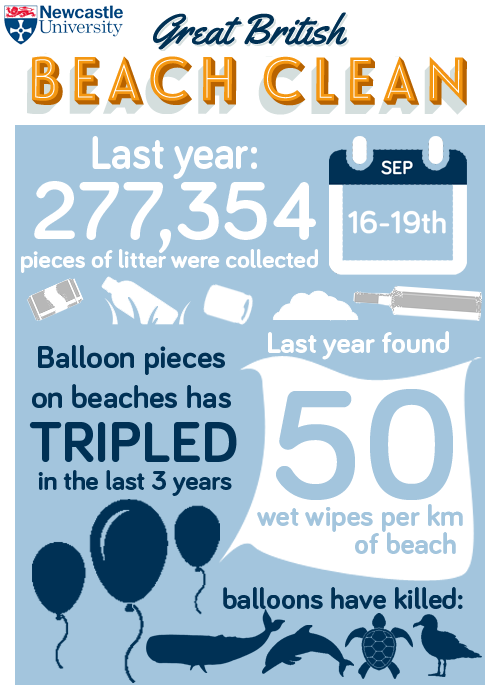During our time as STEM Ambassadors, we’ve visited several beaches together. From Newcastle in Northern Ireland to Clear Water Bay in Hong Kong and even beaches closer to home in Whitley Bay and Tynemouth, we always ended up skipping rocks somewhere!
But how do we do it!? Why don’t the rocks just fall into the water?

The key is to get a nice flat rock and throw it quickly at the right angle. The large surface area allows the stone to bounce off the water’s surface.
You need to throw it fairly hard to give it enough speed to gain momentum before it hits the water. When the rock hits the surface of the water it pushes the water down whilst the water pushes the rock up. If the force pushing the stone up from the water is greater than or balances the weight of the stone then it will bounce on for another skip rather than sinking. This is why it helps to have a nice small stone.
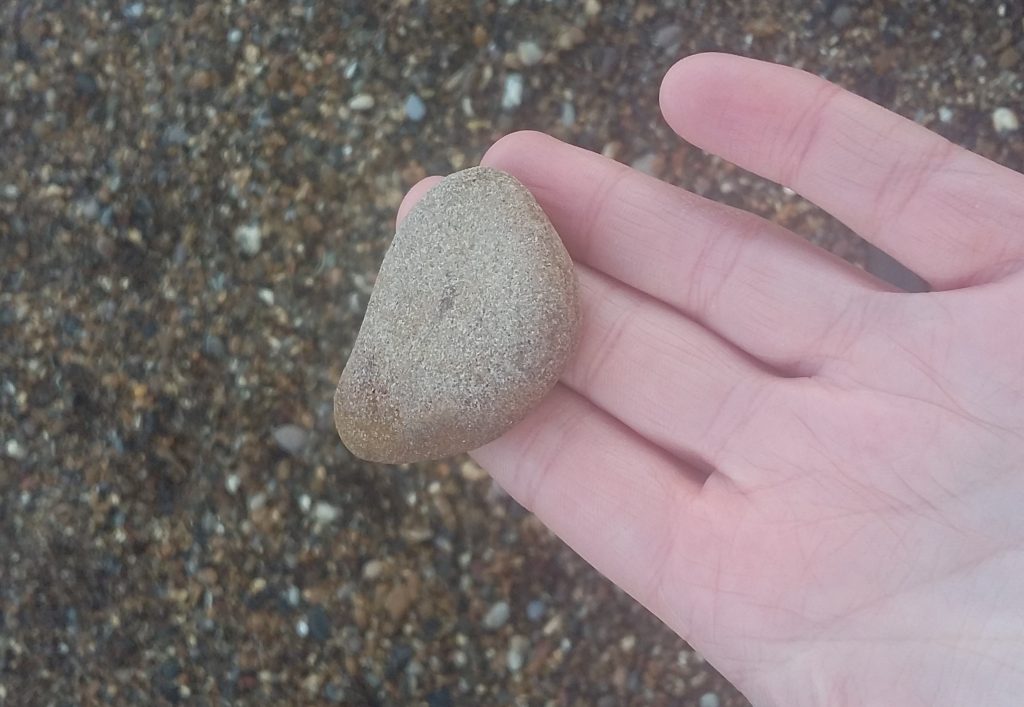
It is also important to get the right velocity. Velocity is the speed of something in a give direction. So we have the speed covered, now for the direction. Scientists have discovered that the optimal angle at which the stone should hit the water should be around 20 degrees. As you probably won’t be able to measure this on a causal day trip to the beach, just aim to throw the stone sideways rather than up or down.
Hopefully you’ll manage more than my measly two skips. Try beating the world record of 88 skips in a row!
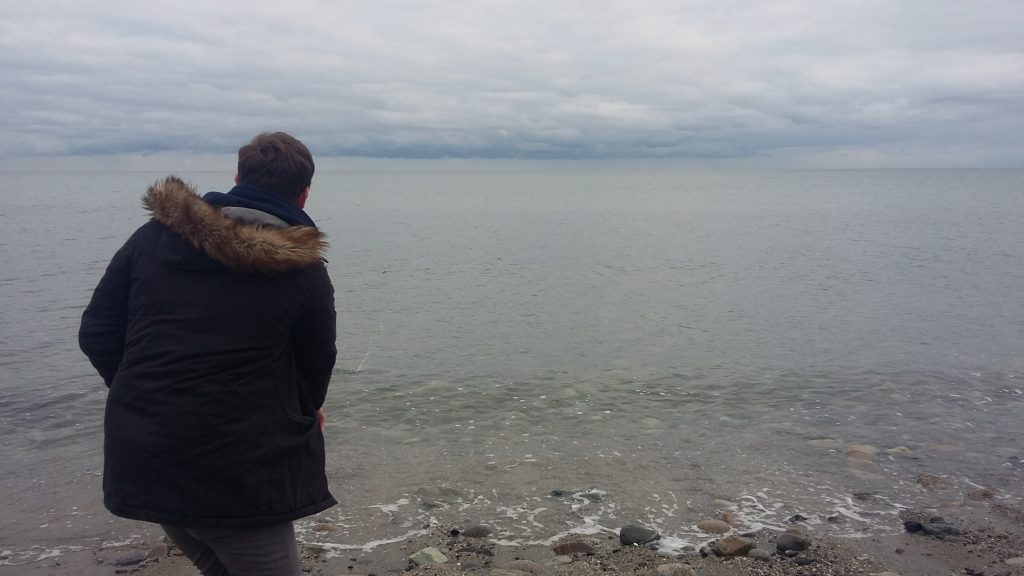

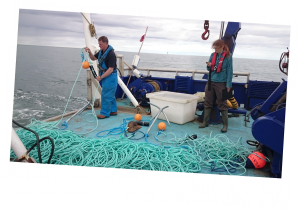 What advice would you have for someone wanting to study Biology or Zoology at university?
What advice would you have for someone wanting to study Biology or Zoology at university?
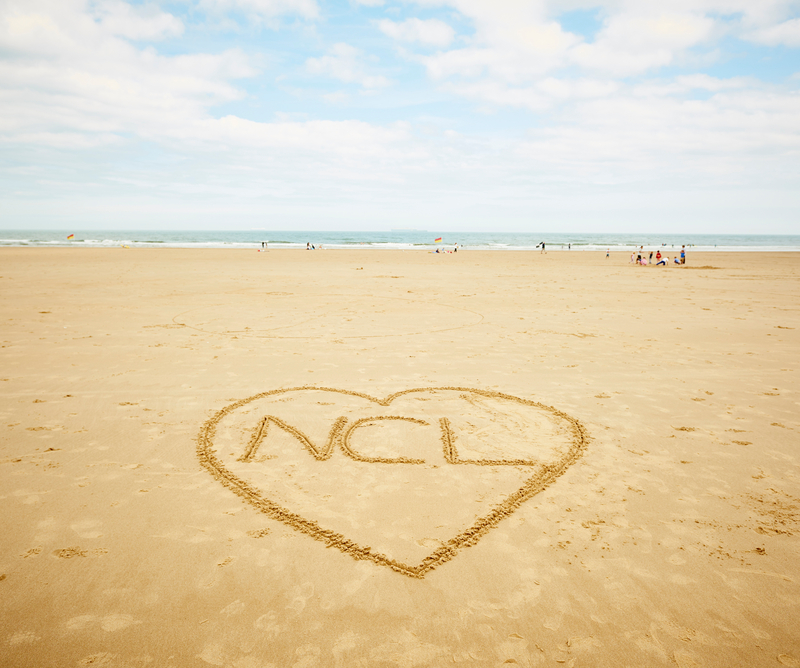 Not only are thousands of marine species under threat from litter, the waste is also dangerous for humans too and damages tourism and the fishing industry. The beach clean helps lower the threat and raise awareness of the problem at hand.
Not only are thousands of marine species under threat from litter, the waste is also dangerous for humans too and damages tourism and the fishing industry. The beach clean helps lower the threat and raise awareness of the problem at hand.